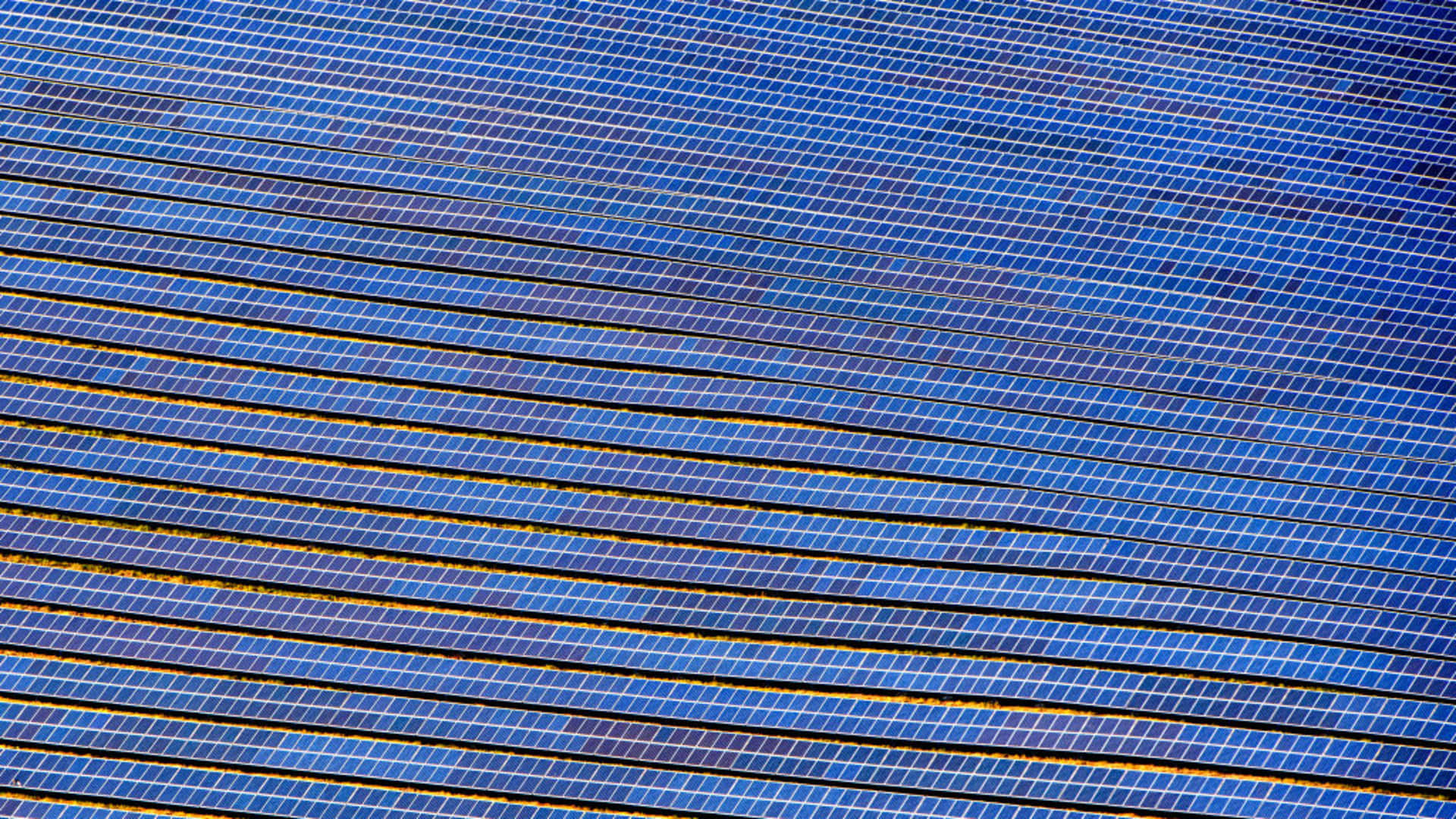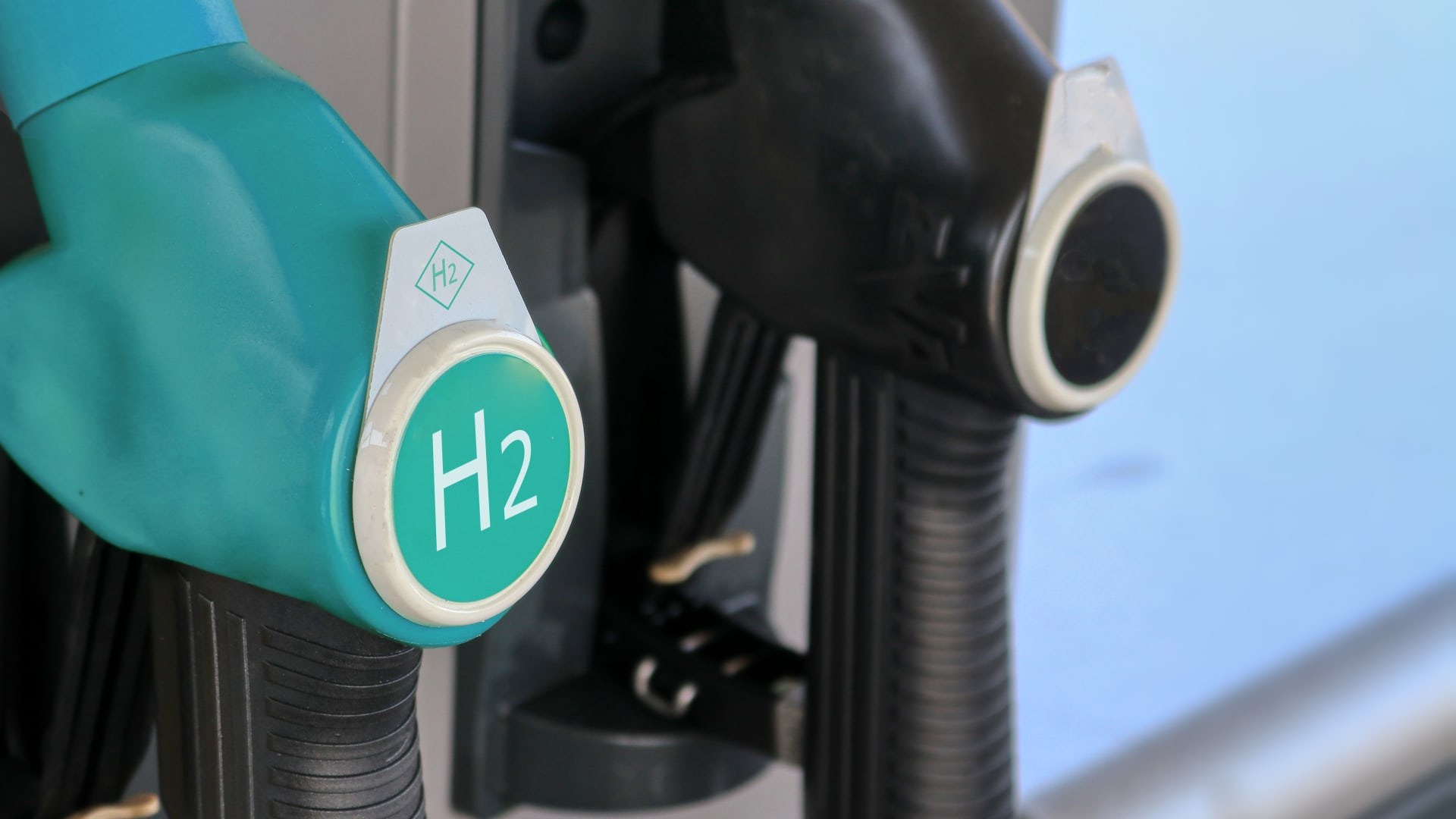Energy
Friday, July 29th, 2022 9:35 am EDT
A year ago, my colleague Jo Borrás was over the moon about the XBus, a minuscule modular marvel from Germany’s Electric Brands that features 4 in-wheel motors and various battery packs from 10 kWh to 30 kWh. Now don’t go snickering about the tiny standard battery. The basic XBus is so efficient, it can go up 200 km — more than the Series I Nissan LEAF with its 24 kWh battery.
The XBus features an array of modular body configurations — flat bed, pickup truck, tilt bed truck, cargo van, or 4-door pickup. If your neighbor has one, you can mix and match the various components so you both have the vehicle you need when you need it. The batteries are removable, so you can swap in fully charged batteries when needed rather than waiting for charging to take place while you are out and driving your XBus. Only Canoo is pursuing this path of building vehicles with a standard platform that can be configured in multiple ways.
For complete configuration, pricing, and range information, please see the Electric Brands website. The basic model starts at £17,526, including VAT. Sadly, there are no plans at the present time to bring the XBus to the US, which is unfortunate. Americans haven’t seen anything this cute and cuddly since the Suzuki Samurai.
At less than 4 meters long, 1.7 meters wide, and 1.9 meters high, the XBus is small enough to qualify as an L7e class quadricycle in Europe. In basic form it weighs just 500 kg, but can carry 1,600 kg fully loaded. Its top speed is 100 km/h with total torque from its 4 in-wheel motors of 1000 Nm. It features a solar roof and regenerative braking as well. If it had a cartoon character equivalent it would be Mighty Mouse.
Meet The XBus Camper
Now the company has unveiled its latest XBus, a camper van that is everything the Volkswagen ID. Buzz could have been but isn’t. It’s quirky, cute in an insouciant sort of way, and underpowered, just like the original VW bus. Here’s a video that shows more about the camper as well as some of the other vehicles in the Electric Brands stable of vehicles.
[embedded content]
The Camper features a sleeping area for two people, a space-saving kitchen with a sink, refrigerator, and hotplate, a refrigerator, TV, fresh water tank, sound system, a solar roof, and regenerative braking. With the optional 30 kWh battery pack, it has a range of 600 km (more than a Tesla Model Y LR). The price for all this goodness is £29,727.73.
Americans, of course, will look down their noses at such an unworthy vehicle. If it doesn’t weigh 8,000 lb and have 600 horsepower, it is beneath them to even consider. Pity, actually. The XBus Camper would float my boat if I were looking for an electric camper van. Most of my camping was done in a 2-person pup tent with a Coleman stove and an ice chest.
The company is very much in its creative phase right now, so maybe if enough inquiries came in from the west side of the Atlantic, they might be induced to take a look at the US market. Some bold entrepreneur could start a business importing these things. It worked pretty well for Max Hoffman who began importing BMWs in the 50s and Ernie Boch who took a chance on Subaru and wound up grabbing the brass ring. Maybe it could happen to you!
One thing is for sure. Emotion is what sells cars and the XBus has pizzazz, a certain je ne sais quoi that is positively endearing. I can see this becoming a huge hit wherever it is sold.
Appreciate CleanTechnica’s originality and cleantech news coverage? Consider becoming a CleanTechnica Member, Supporter, Technician, or Ambassador — or a patron on Patreon.
[embedded content]
Advertisement
 This post has been syndicated from a third-party source. View the original article here.
This post has been syndicated from a third-party source. View the original article here.




